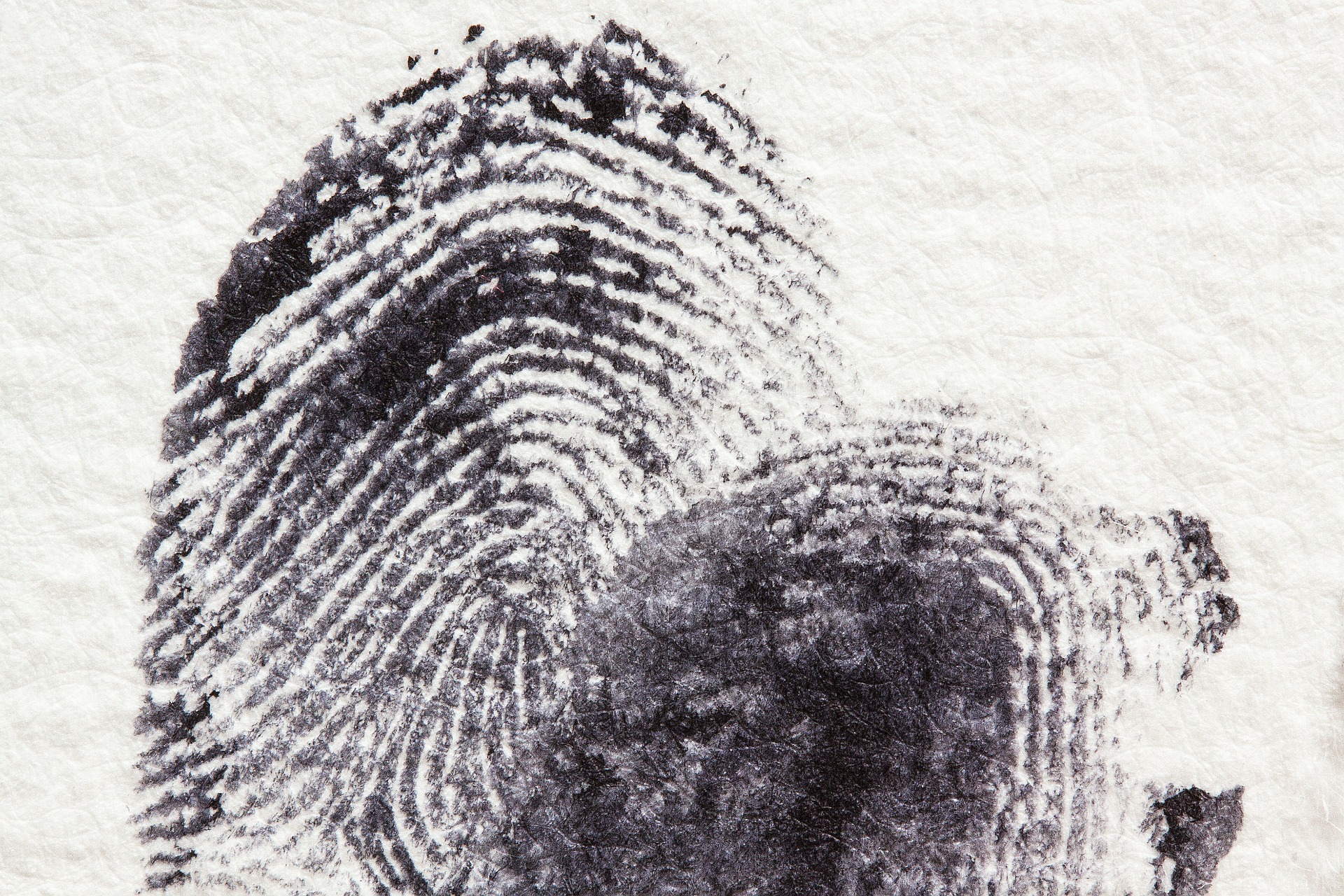Having a criminal record on file can be very damaging to both yourself and your family. It can make it difficult to find employment, hard to enroll in college, and pose challenges when a potential landlord runs a background check. In certain cases, however, you can petition the courts to seal or expunge your criminal record. This can give you a fighting chance at success if the judge approves your petition. Just keep in mind that there are strict requirements about what can be sealed or expunged and, in the end, it is up to a judge to decide whether removing your records from public access is a wise decision.
Expunging a Criminal Record

Expungement means erasing and physically destroying the records to be expunged. If a court should order that your record be expunged, it will be physically destroyed with two exceptions: the Pennsylvania State Police Central Repository and the prosecuting entity must retain physical copies. Note that only courts or law enforcement agencies are allowed to ever view the copies of expunged records and official requests must be made to do so. Essentially, an expungement means that it is as if the incident involved with the expungement never even occurred.
There are certain rules and regulations for what types of criminal records can be expunged in Pennsylvania. Situations where expungement may apply include the following examples:
- If you (a) are 70 or older and (b) you have not been arrested or prosecuted for 10 years after you were released from incarceration or supervision, then your criminal history might qualify for expungement.
- If you were (a) convicted of a low-level offense that carried a potential punishment of up to 90 days in jail and/or a fine and (b) you have not been prosecuted or arrested for any other crime in the last 5 years since you were convicted, your criminal record may be eligible for expungement.
- If you were arrested but no disposition has been recorded for your case within 18 months and there are no criminal proceedings against you, then you can petition to have that arrest expunged from your record.
- If you were (a) between 18 and 21 when convicted of underage drinking, (b) have successfully completed the terms of your sentence, and are (c) at least 21 then you might qualify to have your record expunged.
- If you (a) completed an Accelerated Rehabilitative Disposition and (b) the case did not involve a sex crime committed against a minor, you may be eligible for expungement.
Sealing a Criminal Record

Sealing is different from expungement. In the case of sealed records, the criminal records are not destroyed, but members of the general public are not allowed to access them. The only groups that can access sealed records in Pennsylvania include professional licensing boards, criminal justice agencies, and child protective services. Other groups or individuals are not allowed to view sealed records.
There are some criminal convictions that can never have the records sealed, including the following:
- Intimidating a witness or a victim
- Impersonating a public official
- Any crime for which you were required to register as a sex offender
You can, however, have a record sealed (also known as receiving an order of limited access) if you were convicted of either a second-degree misdemeanor, a third-degree misdemeanor, or an ungraded offense with a maximum penalty of no more than 2 years imprisonment. However, you (a) have to wait 10 years after you have completed all the terms related to your sentence and (b) cannot have been arrested or prosecuted during those 10 years.
Potential Issues

Just because you meet the qualifications for expungement or sealing does not mean that your request will automatically be approved. The request goes before a judge who looks at the gravity and nature of the offense you committed, your prior criminal history, how the criminal record impacts your livelihood and potential earnings, and whether it is something that needs to be preserved in order to protect the public.
How Do I Petition for Expungement or Sealing?
In Pennsylvania, you will need to complete either a Petition for Expungement form or a Petition for Limited Access form. You will need copies of records related to the case involved (or, as it may be referred to by some, your “rap sheet”) in order to complete these forms because they require considerable detail about the criminal records involved as well as personal details about yourself. Failure to include all the information (which may include details such as the offense tracking number and the case’s docket number) will result in your petition being dismissed outright.
Conclusion
Is your criminal record permanent? In some cases, if you meet certain requirements, your criminal record does not have to be permanent. It is possible to petition the courts to either have certain parts of your criminal record sealed or completely expunged. The process to petition for sealing or expungement requires extensive consideration and the final decision lies with a judge.
Contact Robert L. Schwarz
If you or someone you care about has questions about the permanency of their criminal record, contact the law offices of Robert L. Schwarz without delay. With experience as both a private criminal attorney and a former Delaware County public defender, I will help you every step of the way through the legal process of expunging or sealing your criminal record. I look forward to hearing from you!

